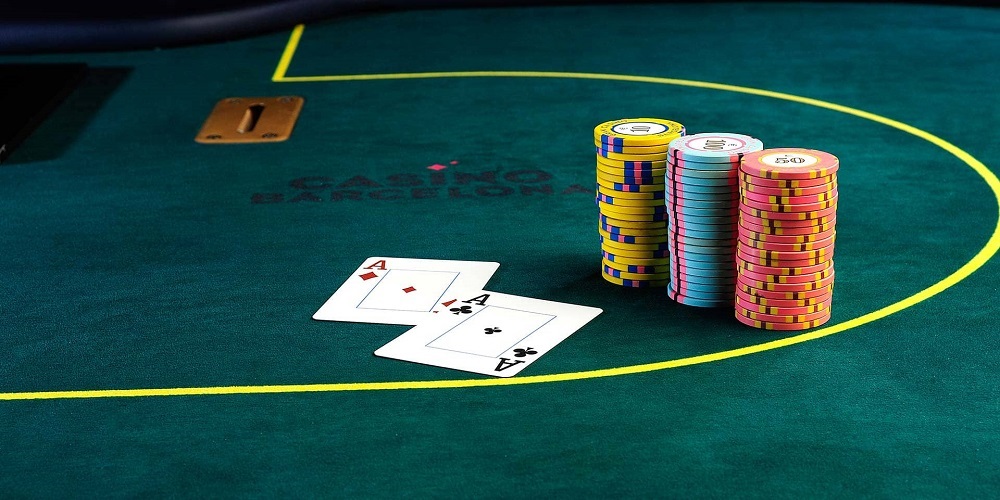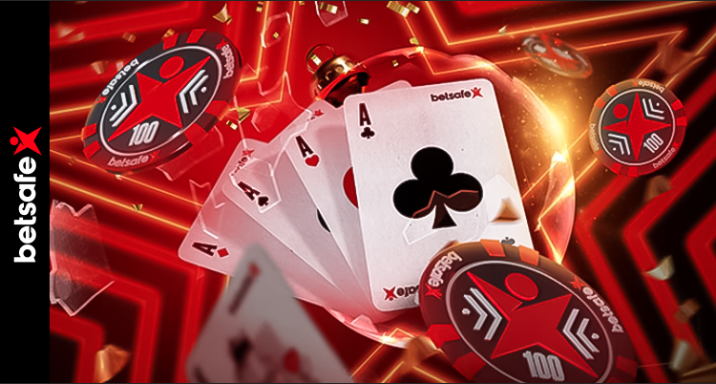

Poker odds part IV: pot odds and differences with implied odds

Pot odds are one of the most important elements
of Hold'em poker. Thanks to them, we can make better decisions in the
two possible situations in which we can find ourselves when playing for the
pot, one more offensive and the other more defensive.
By calculating the pot odds, we can determine if it is worthwhile to call a villain's bet, or if it is better to fold. In addition, if we are the ones who have opened the bet, we can keep the pot under control and limit the risk, knowing how many chips we can bet to keep the risk - benefit ratio balanced according to our needs.
What are pot odds

When we talk about pot odds, we usually refer
to direct pot odds. There are also implicit pot odds, which are much
more complex, being the direct ones ideal in those moments when there is no
more to bet, such as when going all-in.
To calculate the pot odds, we must be clear
about two aspects: the equity (that is, the probability that our hand is
the winner), and the risk-benefit ratio of the pot at that moment.
What do we get with this? To compare the
probability that our hand is the winner with the risk - benefit balance.
Thus, we will be able to choose our next play more wisely, depending on which
one is more profitable.
There are two ways to calculate pot odds:
either by a ratio or by a percentage. Ratios (for example, pot odds of 3 : 1)
establish the ratio of profit : risk for each euro invested.
In this case, pot odds 3 : 1 tell us that for
each euro we bet, the pot pays us 3.
In percentage pot odds, it is calculated like this:

For example:

In that case, we get 25% pot odds. This
is telling us that the bet means that we are risking 25% of the size of the
final pot to take it. This percentage is key: if our hand is at least a 25%
favorite, we are in a profitable call position that we should not miss.
You can use both ways to express pot odds, depending on which is more useful to you.
Pot odds vs equity vs implied odds

These are the basic calculations, but there are
other elements that come into play that can lead to confusion later on. For
example, equity is one of the ingredients of the formula to know what
real potential your hand has to be the best.
A good way to distinguish elements and not
confuse pot odds with equity or implied pot odds is to think of pot odds as an
expense or investment, and equity as a percentage income. Thus, you can see
it as an expense - benefit relationship that will be more familiar to you,
helping you understand how profitable your play is going to be.
The fold equity, along with the equity of the
hand and the OOP or IP of the opponent, are key elements when calculating the
implied pot odds, which are not critical in any case if you play
with initiative. Neither are they critical on the flop, but they are critical
on later streets if you are a passive player.
On the other hand, implied odds are the odds
that you can get if you continue betting in the following rounds. These
terms are easy to differentiate but can be confusing in the middle of a game.
The calculation of outs is another of the
elements that we must control. Through the pot odds we have controlled the
numbers of our "investment", but with the outs we can know how
many cards we need for our hand to be strong, which will depend on how many
of the remaining cards to be discovered can complete our play.
There are some elements that do not change. For example, until the moment of the bet we will know three community cards (flop) and our 2 cards of the hand. 5 in total. Considering that the deck has a total of 52 cards, we still have 47 cards to discover.
What are pot odds for

The pot odds will be our reference in those
moments when we have to draw a certain card to get the pot. If the relation
between the money we have to bet and the size of the pot is lower than
our odds of completing the play, our bet has good long-term expectations.
On the other hand, if the pot odds are greater
than ours, it is in our best interest to fold, since the expectations
are negative.
In poker, the odds are the basis of the
probabilities and are the ones that dictate the game of each active member
on the table. But we must not forget that odds are just that, probabilities
that give an estimated result.
Therefore, we must leave a margin for doubt, since there are several aspects that may not have been calculated correctly, which would make us be making an erroneous reading of the game and handling odds that do not correspond to the real situation of the table. Have the value of the odds as a reference, but do not take it as a law. If you have to recognize the error, it is better to do it as soon as you detect it and recalculate the pot odds if time permits.
If you were interested in this article, do not miss these posts to complete your knowledge about implied odds:
You may also like

Gus Hansen Returns to Action in "Inside the Mind of a Pro"
Gus Hansen Returns to Action in "Inside the Mind of a Pro"Gus Hansen is Back in the Poker SpotlightPoker has evolved dramatically over the last decade, but Gus Hansen, one of the game’s most charis...

The Best Poker Movies You Must Watch in 2025
The Best Poker Movies You Must Watch in 2025Poker has been a recurring theme in cinema, with movies that capture the thrill of bluffs, hero calls, and high-stakes pots. From classics to modern thri...

Redefining Luck: How Skill and Strategy Shape the Thrilling World of Online Poker and Casinos
Image source: UnsplashLuck is a complicated word. It's often used to describe that elusive quality that makes one person successful and another not so much. However, luck is actually much more than...













